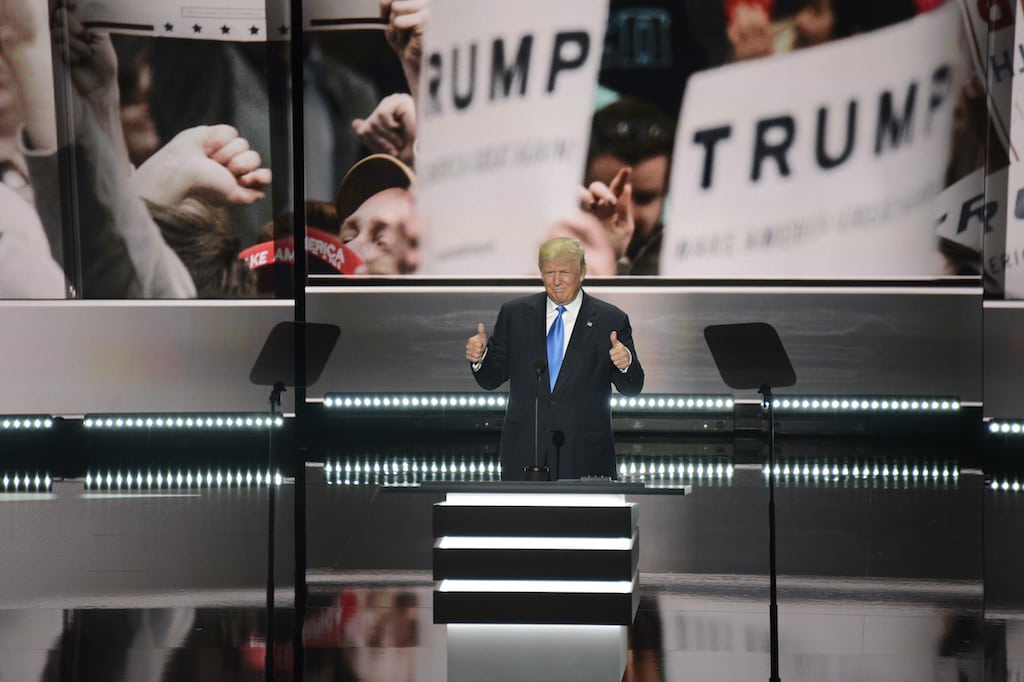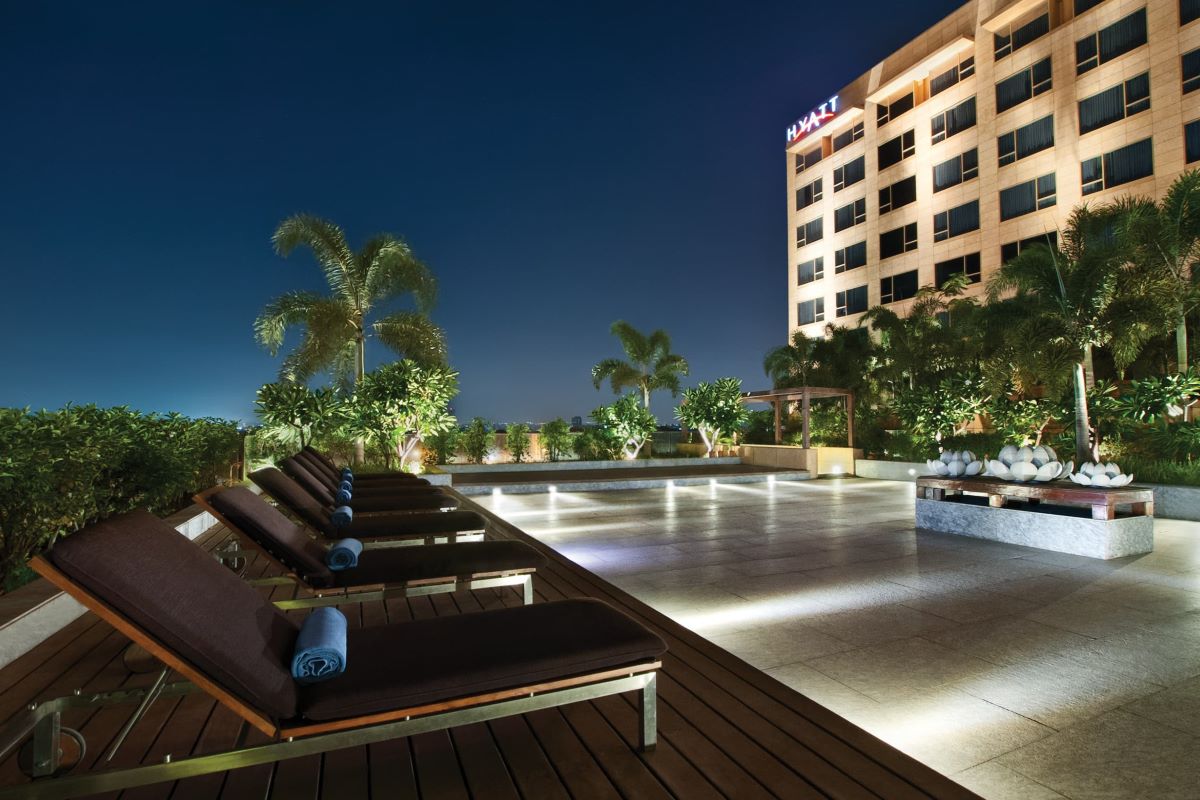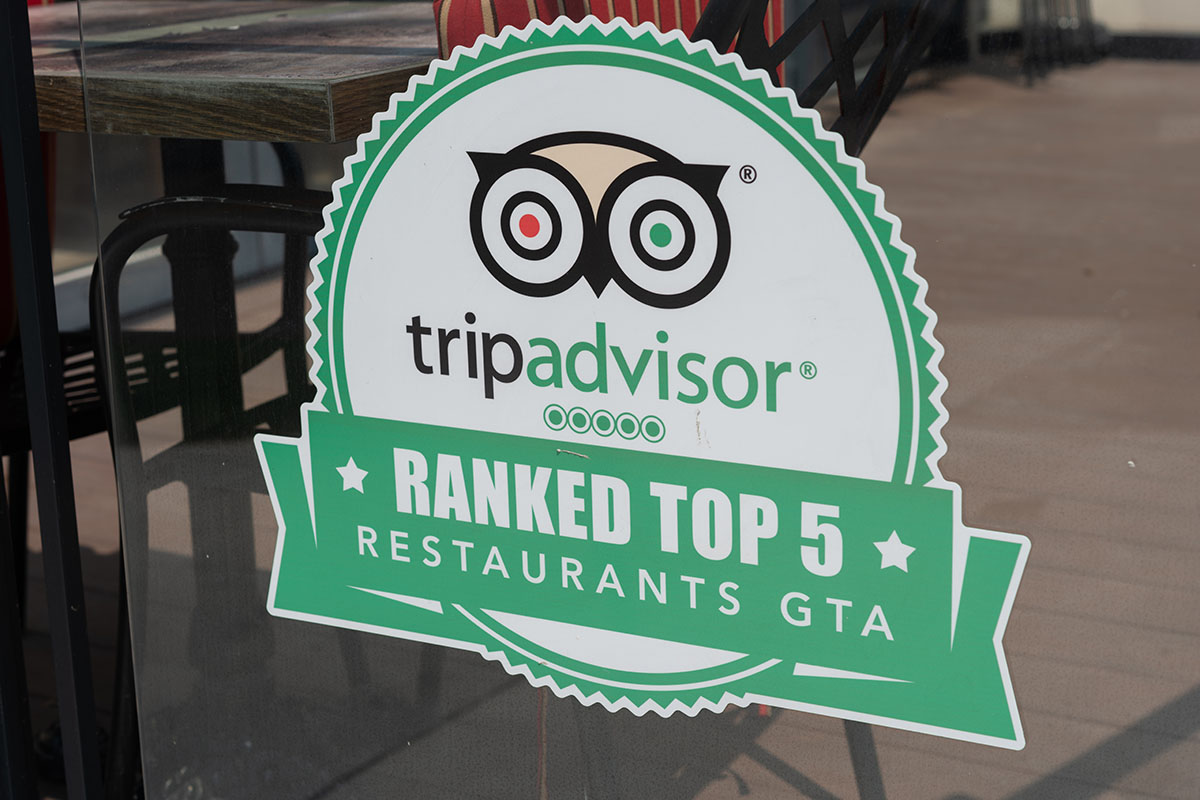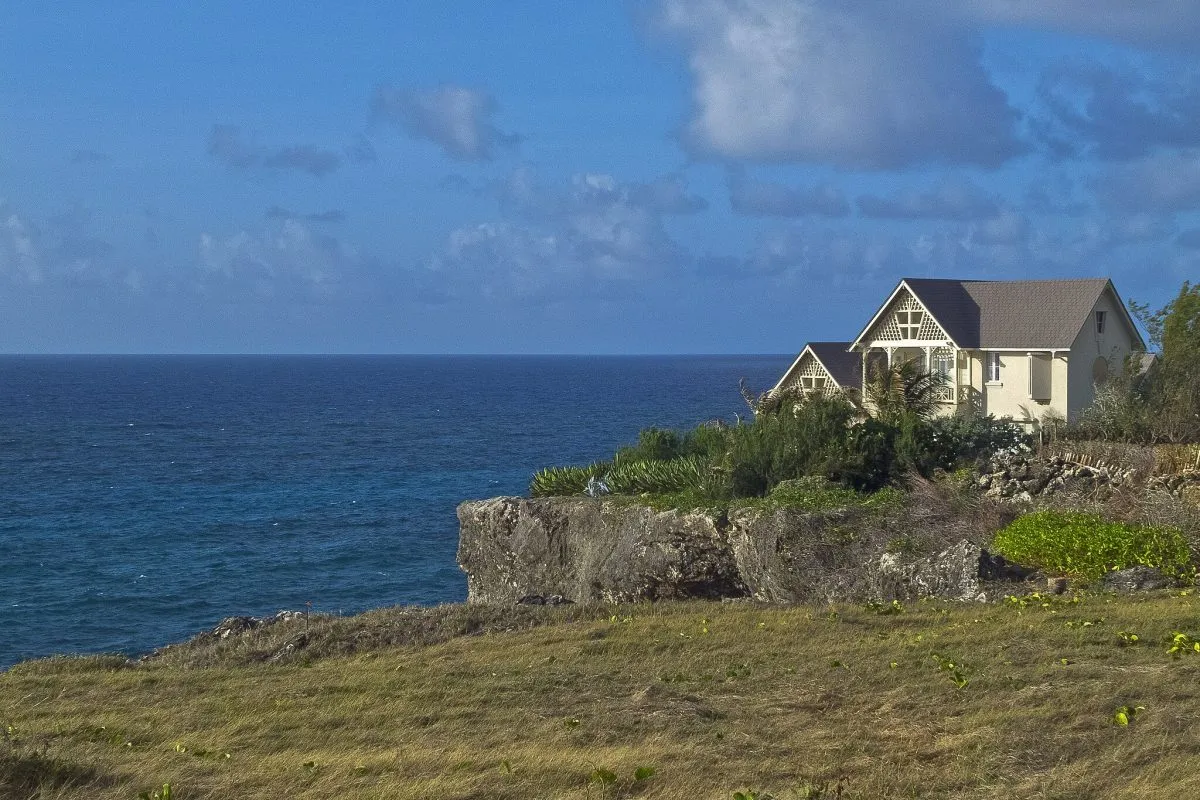Trump Travel, Junk Fees and a Saudi World Cup

Skift Take

Skift Daily Briefing Podcast
Listen to the day’s top travel stories in under four minutes every weekday.Good morning from Skift. It’s Thursday, December 12, 2024. Here’s what you need to know about the business of travel today.
Listen Now
🎧 Subscribe
Apple Podcasts | Spotify | YouTube | RSS
Episode Notes
President-elect Donald Trump is gearing up for another term in the White House. Skift checked in with travel insiders — including some CEOs of major brands — on what the new administration could mean for their business. We kept them anonymous and limited their responses to three words or less, writes Editor-in-Chief Sarah Kopit.
About two-thirds of respondents had neutral or positive reactions to another Trump term — but that’s from a business perspective, with some leaders saying they have personal qualms.
Those from Meetings, Incentives, Conferences and Exhibitions are a little less happy. One potential reason: Elon Musk and Vivek Ramaswamy’s Department of Government Efficiency (or DOGE) could pose a threat to DMO and government funding.
Next, will the Federal Trade Commission ever carry out their rule on junk fees? So far, it’s looking unlikely, says Managing Editor Lex Haris.
Between Trump bringing in a new FTC chair and a Republican-majority in Congress, there are a lot of emerging roadblocks. Even if the rule passed at the last minute, it wouldn’t take effect until the summer — and still faces the chance of being shut down. And let’s not forget how an appeals court pressed pause on the Department of Transportation’s junk fees rule.
Some states are stepping up themselves, with California implementing its own state law. While other states could do the same, a federal rule would make things more consistent.
Finally, Saudi Arabia is getting ready to host the World Cup in 2034, shortly after its goal of becoming a tourism hub with Vision 2030. This could be a big opportunity for Saudi, but it’s not free from scrutiny, reports Middle East Reporter Josh Corder.
The country already relies on sports as one way to draw attention. Lionel Messi and Cristiano Ronaldo are some of the big names in Saudi leagues, and Saudi ruler Mohammed bin Salman said he isn’t afraid of capitalizing on this.
Qatar faced a lot of pressure in 2022 leading up to its World Cup, and Amnesty International and other organizations already have voiced human rights concerns about Saudi. FIFA designated Saudi as having “medium” risk for human rights.
One thing that won’t be an issue? Accommodations. Unlike Qatar, Saudi proposed five host cities: Riyadh, Jeddah, Al Khobar, Abha, and NEOM. This should ease the burden.




